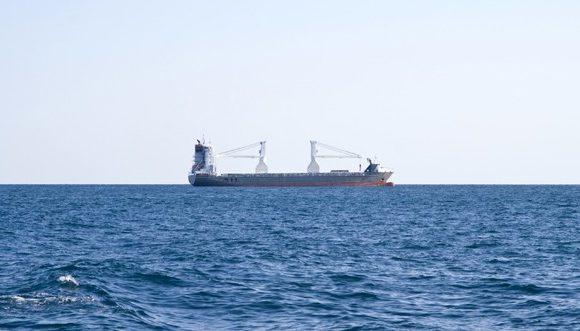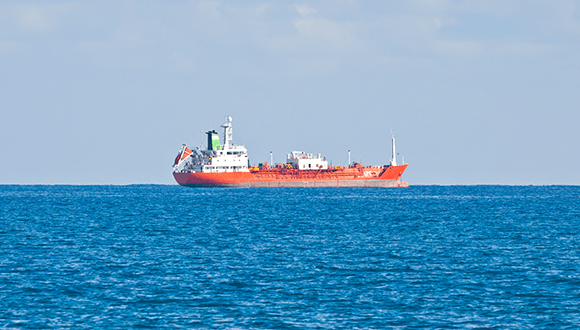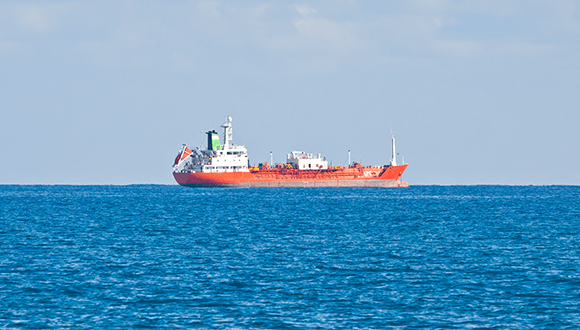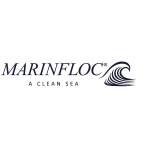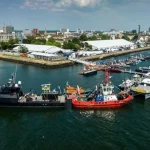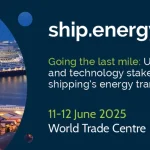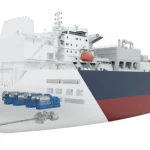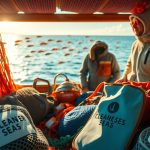Auramarine Reaches New Milestone As It Secures Its 15,000th Order For Fuel Management Auxiliary Units
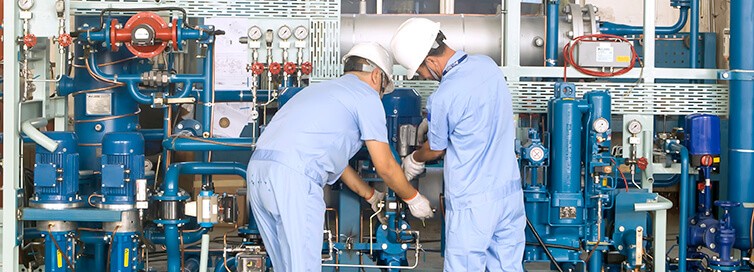
Auramarine, the leading provider of fuel supply systems for the marine and power industries, has announced a milestone 15,000th order for its pioneering fuel supply and management auxiliary units, a reflection of the rapid increase in the uptake of technologies that will ensure effective compliance and fuel system management ahead of the implementation of the global sulphur cap on 1st January 2020.
With so little time remaining before the regulation comes into force, now more than ever it is crucial that shipowners and operators look beyond their chosen route to compliance to ensure their vessels are fully prepared for safe and efficient operations in a post-2020 environment. Many of the main and auxiliary engines of vessels currently in operation will originally have been designed to run on fuels that have different properties from the new low sulphur products that are compliant with the pending regulations; and the fuel supply system needs to be able to deliver the fuel at the engine inlet as specified by the engine maker in order to guarantee efficient combustion and mitigate the risk of costly engine damage.
Auramarine’s auxiliary units deliver safe and efficient fuel system management, enabling shipowners to effectively manage the health of the vessel to avoid costly damage, unplanned downtime and associated safety issues. Auramarine’s auxiliary units comprise cooling and chilling units which maintain the correct viscosity of the fuel, emergency pump units which ensure a rapid and reliable fuel supply in the event of a blackout scenario, feeder units which supply fuel oil to HFO/MGO booster units, HT-water preheating units which are typically used to keep the engine block warm for easy start-ups and to avoid heat tension in the engine, and lubrication units which pump, filter and cool lubrication oil,.
Ole Skatka Jensen, CEO, Auramarine, commented:
‘For over 40 years, Auramarine has gained in depth insight and knowledge on some of the key challenges that the shipping industry faces, and the impact that they have on shipowners’ operations.. Our service offering is the result of a combination of our well-established heritage, our expertise, and our reliability and flexibility, which has always enabled us to best meet the changing needs of shipowners and operators.
‘The 2020 sulphur cap is arguably the greatest challenge the industry has faced for decades since moving from coal power. While identifying a compliance solution is critical, protecting your vessel against the operational challenges of using and switching to new fuels is just as important. With six months to go, time is now of the essence. Reaching our landmark 15,000th order demonstrates that we have built a reputation as a reliable and trusted resource that is on hand to help shipowners manage their vessel operations and mitigate the risk of costly engine damage and delays, and ensure compliance is delivered in an efficient and cost-effective way.”
Earlier this year, Auramarine launched its ‘Get ready for 2020’ initiative, issuing a call to action for owners and operators to drive and encourage them to implement strategic forward planning to protect the future of their vessels and operations. As part of its ‘Get ready for 2020’ initiative, the company’s FuelSafeTM changeover system offers a customised, cost-efficient and rapid method for enabling a vessel to use different fuel types and comply with sulphur emissions requirements while optimising the vessel’s fuel economy. FuelSafeTM is compatible for both newbuilds and retrofits, and crucially, given the short window to ensure compliance, can be quickly installed and operational. This ensures ship owners can prepare their vessels ahead of 2020, safe in the knowledge that operational integrity will be protected.
Auramarine works closely with shipowners and operators in the design and delivery of customised systems and in-service support services that can be quickly installed to the ship’s fuel handling system and implemented into its operational practices. This provides the agility that shipowners need to ensure compliance ahead of 2020.

